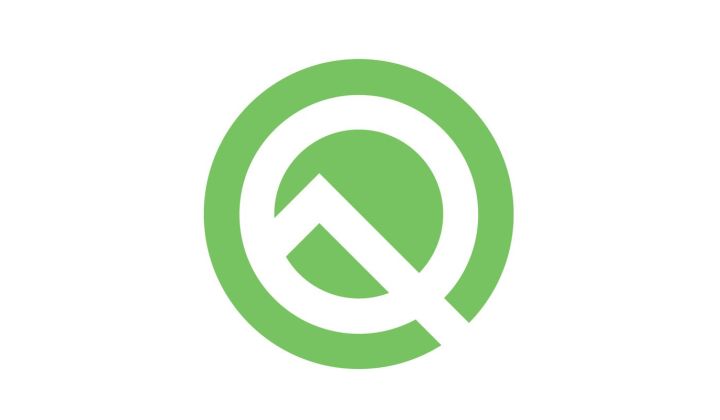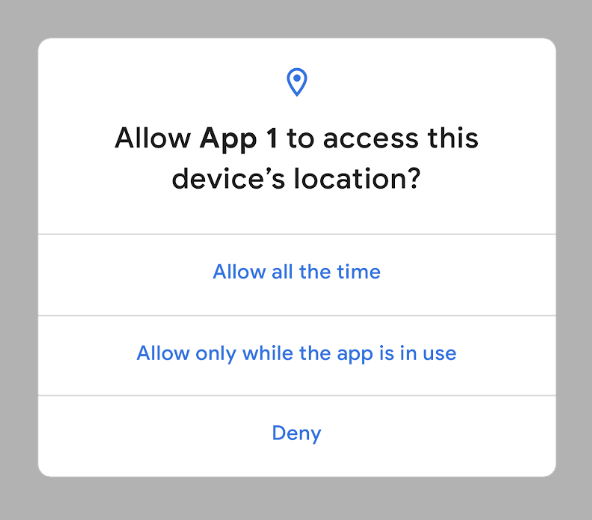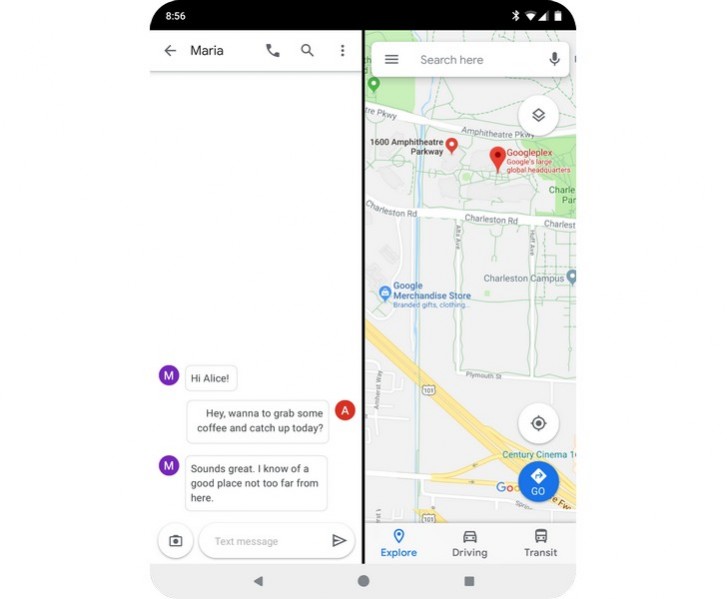Google has released the first beta edition of the Android Q for all the Pixel phones that have launched so far such as Pixel 3 XL, Pixel 3, Pixel 2 XL, Pixel 2, Pixel XL and Pixel. The beta build can be installed on the Pixel devices by enrolling in the Android Beta Program first.
Previously, the first preview build of predecessor Android versions were installable only through manual processor since it was aimed towards developers. However, the Android Q first preview can be received over-the-air. The Android Q Beta 1 is aimed towards the developers for testing their apps for the new version of Android. Coming to the Pixel phones, the original Pixel smartphones have already received the promised 2-year Android OS updates. Hence, it is surprising the arrival of Android Q for Snapdragon 821 powered Pixel and Pixel XL phones from 2016.
In May, Google will be holding its I/O 2019 conference to announce the key features of the Android Q. The successor of Android P comes with a new permission management setup for tracking location that provides users three options for apps to access device’s location all the time or allow it while the app is in use or deny.
Controlling apps that access photos, videos and audio files have become easier to manage on Android Q. Also, apps are required to use the system file picker inside the Downloads folder so that users can choose which files can be access by the app. The new version of Android prevents apps for opening activities in the background. Just as Android 9 Pie came with different kinds of display notch designs, the Android Q has been designed to better manage the contents on devices with foldable screens.
Also, the access to sensitive information such as IMEI number and serial number will be restricted on Android Q. The Wi-Fi stack in the new OS comes has been rebuilt to deliver enhanced privacy and performance. There will be a high-performance mode with low latency so that users can take advantage of stutter-free Wi-Fi connectivity while playing games, video and voice calls.
Other features of Android Q include new codecs such as AV1, Opus encoding and HDR10+ on supported devices, revamped Sharing Shortcuts, improved ART runtime and Dynamic Depth open source format that allow third-party apps to apply specialized burs and bokeh options.
Google will be releasing six beta editions of Android Q. The first one will come in March and the second one will be arriving in April. The third build will be released in May and the fourth will be rolled out in June. These four builds are mainly meant for testing while the Beta 5 and Beta 6 are release candidates. The final edition of the Android Q OS is scheduled to arrive within Q3 this year.
(source)







